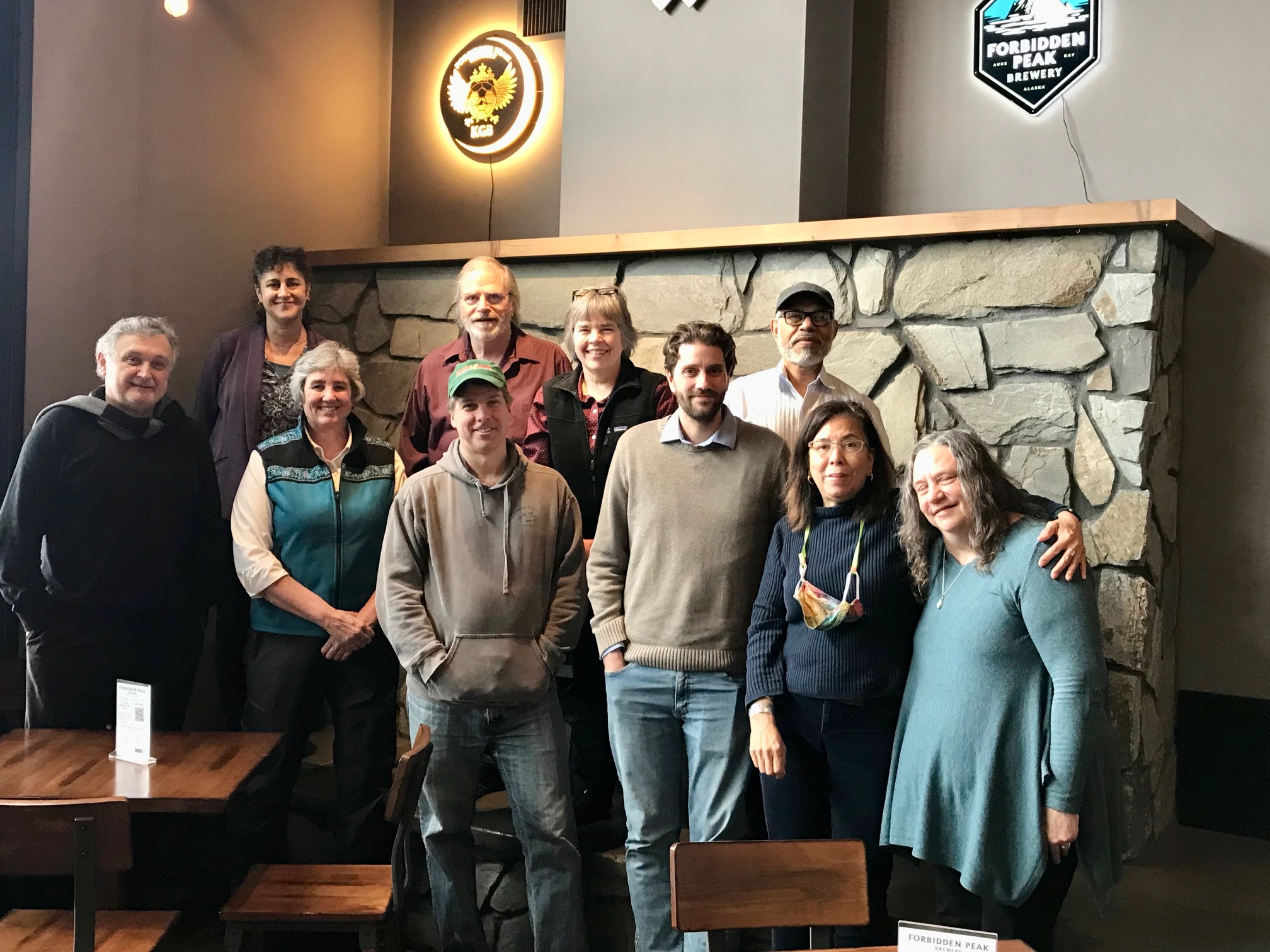A faculty voice in matters affecting the general welfare of the
University of Alaska system and its educational programs.
3:30 pm - 5:00 pm
Resolutions & Motions
Current and past actions can be viewed HERE.
Constitution and Bylaws
Meeting Schedule
The Faculty Alliance meets on the second and fourth Friday from 3:30 p.m. to 5 p.m.
UA Faculty Senates
Meeting Records
Current Members
AY 26 Alliance Members
Past Members
AY 25 Alliance Members
AY24 Alliance Members
AY23 Alliance Members
AY22 Alliance Members
AY21 Alliance Member
AY20 Alliance Members
AY19 Alliance Members
AY18 Alliance Members
AY17 Alliance members
Faculty Alliance AY26 Chair
Jacqueline Cason
University of Anchorage
English Professor
Department Chair
jecason@alaska.edu
3800 Alumni Drive
Anchorage, AK 99508
3211 Providence Drive
ADM 103 B
(907) 786-4367
Faculty Alliance
AY 27 Chair
Ali Ziegler
University of Southeast
Associate Professor of Psychology
aaziegler@alaska.edu
Arts & Sciences Social Sciences
Paul Bldg. 507
Ketchikan, Alaska
Ketchikan Campus
(907) 228-4563
Faculty Alliance
AY 28 Chair
Debu Misra
University of Alaska Fairbanks
dmisra@alaska.edu
(907) 474-5339
Professor Geological Engineering
Duckering Building 251
Fairbanks, Alaska 99775


If anyone missed the March 8th Discussion with Dr. Reichman on Shared Governance and Academic Freedom, here is The Link with the Passcode: I8E?uru%
Henry Reichman is Professor Emeritus of history at California State University, East
Bay. The author of two recent books, Understanding Academic Freedom (https://www.insidehighered.
He served as chair of the Association of American University Professors' Committee A on Academic Freedom and Tenure from 2012 to 2021.
